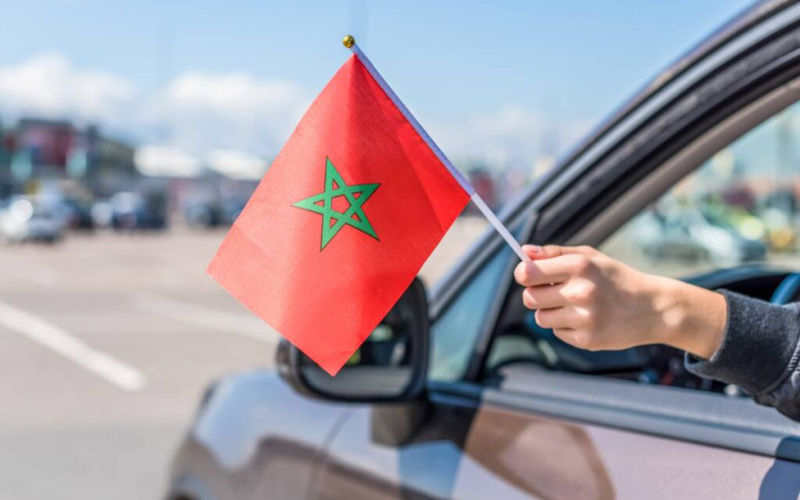Moroccan Diaspora: Eager to Contribute, Reluctant to Return Permanently

Out of sight, but not out of mind. This could be the summary of the complex ties that Moroccans of the World maintain with their country of origin. A vast survey by the Economic, Social and Environmental Council (CESE) conducted in 2022 had revealed a deep attachment and a tenacious desire to contribute to the development of Morocco. Yet, this momentum is confronted with a more pragmatic reality: the idea of a permanent return to the country only appeals to a minority of them, due to well-identified obstacles.
The CESE report, based on the responses of more than 4,600 Moroccans living abroad (MRE), puts clear figures on this paradox. Only 21.15% of the respondents are considering packing their bags for good. A much larger share, 44.15%, would prefer a life straddling Morocco and their country of residence, while 17.25% simply exclude a return. This choice is explained not only by a successful integration into their host society, but also by a series of obstacles that discourage the most motivated.
Yet, the desire to contribute to the country’s development is very much present. More than half of the Moroccans of the World say they are ready to transfer their know-how (58.62%), share their skills (54.34%) or invest financially (50.69%). This commitment is also manifested by a desire to promote the image of the kingdom internationally. This willingness to participate actively contrasts sharply with the reluctance to return physically, outlining the contours of a citizenship that is increasingly exercised from a distance.
The CESE study points to the main stumbling block: poor governance. The report is unequivocal and notes that "the phenomena and acts perceived as forms of ’corruption’ crystallize the grievances of the respondents." Nearly eight out of ten MREs (78.32%) point to corruption and clientelism as prohibitive evils. Just behind, administrative red tape and the slowness of public services are cited by 76.98% of the respondents as a major obstacle to any project.
To these obstacles is added a lack of clarity. The lack of visibility of investment opportunities (53.55%), a perceived too limited access to information (50.42%) and the slowness of the judicial system (44.66%) complete this unattractive picture, capable of dampening the ambitions of a return or more substantial investment. Even for those who consider it, the return is often conditional on a professional project (47.17%), retirement (22.25%) or family reunification (16.35%).
This sentiment is shared across generations. The 25-45 age group, which forms the bulk of the sample, is no exception. Although rooted in their host country, 65.22% of them describe their ties with Morocco as "strong." This link is materialized by concrete acts: visits to family (94.27%), money transfers (72.53%), investment in associative projects (34.71%) or the purchase of a second home (24.38%).
The survey confirms that "the majority of MDMs do not envisage a permanent return to Morocco but nevertheless aspire to serve its development, to bring their skills and know-how to it." An economic and cultural patriotism that is only waiting to be fully expressed, but which is awaiting strong signals from the institutions: a modernized administration, an effective fight against corruption and more transparent governance. The attachment to Morocco is undiminished, but it has changed in appearance, calling for new ways of maintaining it.
Related Articles
-

Global Crackdown: Moroccan Travelers Face Mounting Restrictions Amid Immigration Concerns
29 August 2025
-

EU Banking Reforms Threaten Billion-Dollar Remittances to Morocco, Sparking Financial Sector Shake-up
29 August 2025
-

Bizarre 165-Million-Year-Old Armored Dinosaur Unearthed in Morocco Stuns Scientists
29 August 2025
-

Moroccan Truckers Expose Massive Beach Sand Theft, Demand Crackdown on Illegal Trade
29 August 2025
-

Soaring Costs of Elite Foreign Schools in Morocco Strain Middle-Class Families
29 August 2025